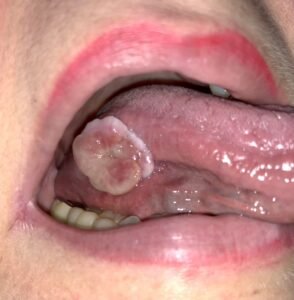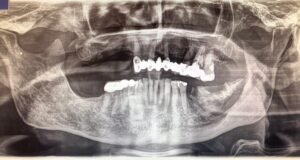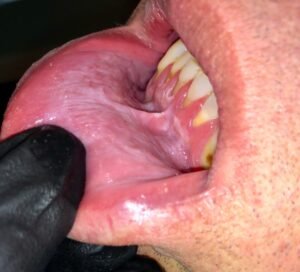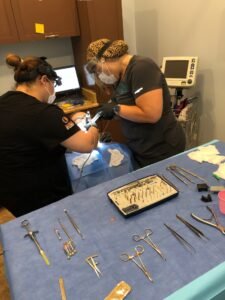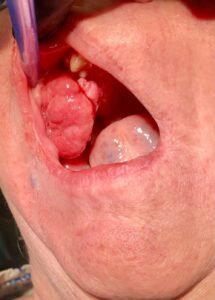Oral Cancer
You can prevent oral cancer by catching precancerous changes at an early stage. When sores develop, it’s essential to have a biopsy to differentiate cancer from harmless lesions. Dr. Lucia Covington at Waccamaw Oral Surgery & Medical Spa offers her surgical expertise when you need a biopsy for oral cancer. If you have sores on your lips or in your mouth that persist, don’t wait to schedule an appointment. Call the office in Murrells Inlet, South Carolina to book an appointment.
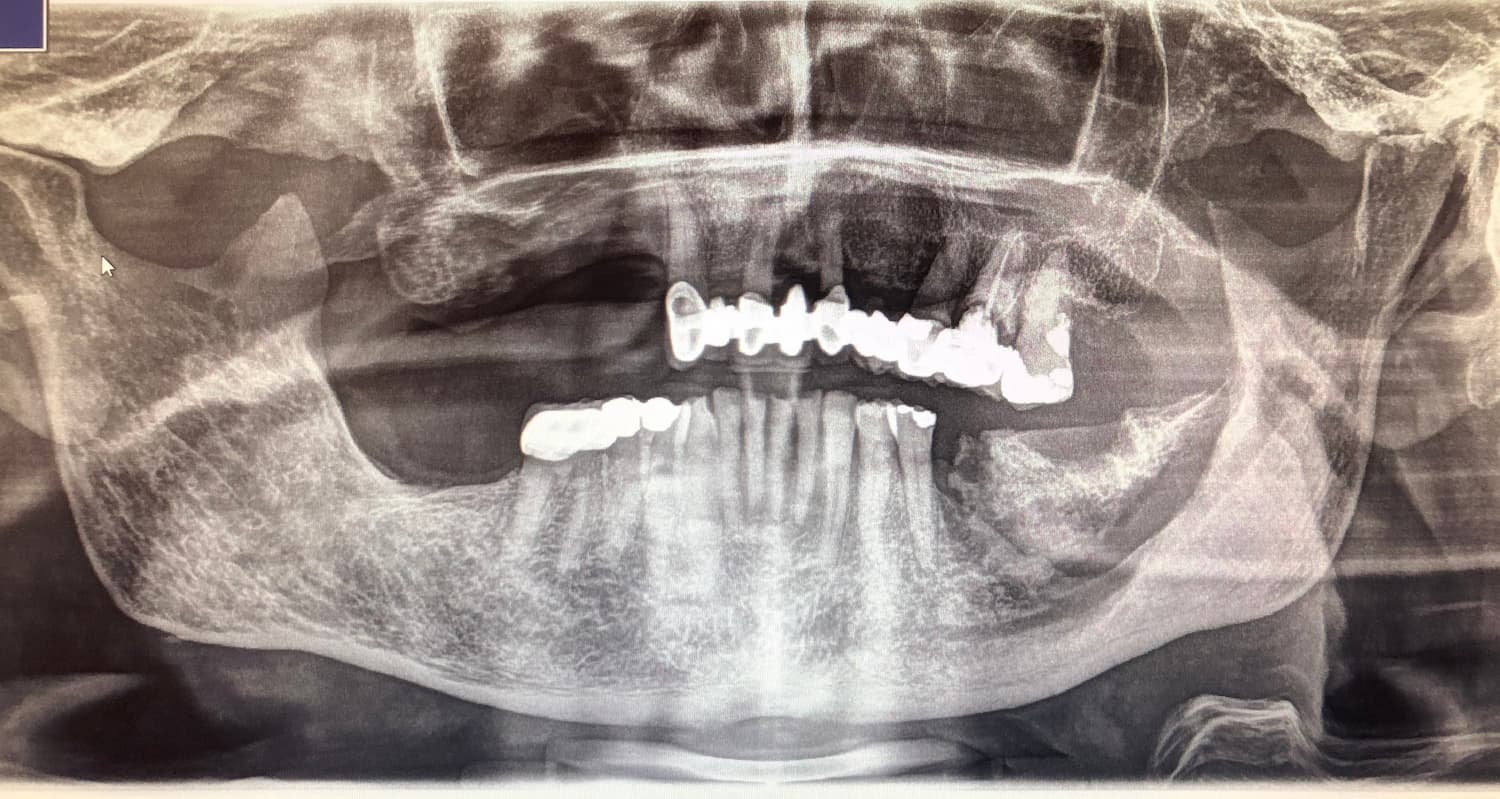
What is oral cancer?
Oral cancer occurs when cells develop DNA mutations that make them grow more rapidly than normal. The accumulating cells eventually form a tumor that can spread to other areas of the body.
Oral cancer includes cancers that occur in the mouth and pharynx (back of the throat). Cancer in the mouth may affect your lips, tongue, gums, cheeks, as well as the roof and floor of your mouth.
What causes oral cancer?
Oral cancers commonly begin in cells that line your lips and the inside of your mouth. Researchers haven’t identified a clear cause for oral cancer, but there are definite risk factors, including:
- Tobacco use (the most significant risk factor)
- Alcohol abuse
- Excessive sun exposure (lips)
- Weakened immune system
- Exposure to a sexually transmitted human papillomavirus
What are the symptoms of oral cancer?
The symptoms associated with oral cancer may be caused by other dental problems such as an infection. If any of the following symptoms last longer than two weeks, schedule a dental appointment for an evaluation:
- Sore on your lip or mouth that doesn’t heal
- Pain in the mouth that doesn’t go away
- Lump on your lip or in your mouth
- Unusual bleeding in your mouth
- Difficulty or pain while chewing or swallowing
- White or red patch on your gums, tongue, or lining of your mouth
- Loose or painful teeth
- Swelling around the jaw
Why is it important to have oral cancer screenings?
A non-cancerous lesion usually appears before the cells become cancerous. When Dr. Covington catches these lesions at an early stage, they can be treated before you develop cancer.
On the other hand, after oral cancer develops, it can spread quickly. Routine screening during your dental checkup is essential to protect your health.
How is oral cancer diagnosed?
Your diagnosis begins with a visual examination, but a biopsy must be performed to determine whether lesions are benign or cancerous. While biopsies are advisable even when the lesion appears harmless, they’re essential if you have persistent sores in your mouth that are red, white, ulcerated or bleed easily.
Dr. Covington specializes in biopsies for oral cancer. The procedure can be done using different techniques, but she typically performs it with a scalpel or other surgical tool to remove tissue samples.
Dr. Covington’s expertise as an oral surgeon is also beneficial because lesions can be removed at the same time as the biopsy. Should the biopsy results indicate cancer, Dr. Covington refers you to a specialist for treatment.
To determine whether your mouth sores or pain are signs of a more serious problem, call Dr. Covington or schedule a consultation.

